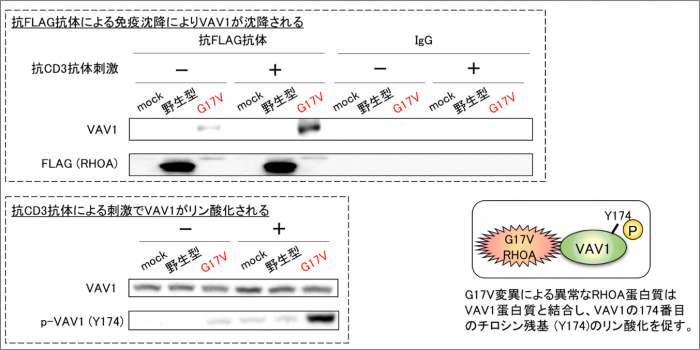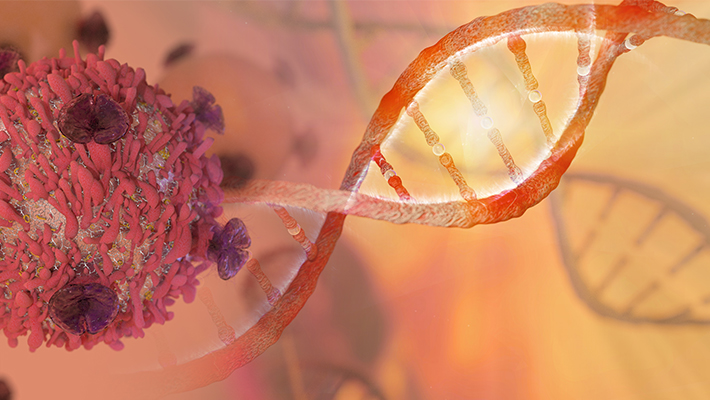Discovery of a carcinogenic mechanism causing specific malignant lymphoma.
[Caution: Auto-translated English text unvarified for accuracy]
→ Full Media Release in Japanese (日本語)
A collaborative research group of Professor Shigeru Chiba and Associate Professor Asamiko Sakata of the University of Tsukuba is involved in the binding of an abnormal protein to the VAV1 protein by the mutation of the RHOA gene found in certain malignant lymphomas, which results in T-cell receptor signaling. Was found to be abnormally activated.
Image by CI Photos/Shutterstock
In the present study, we found that the abnormal RHOA protein produced by the G17V RHOA mutation binds to VAV1 protein, which is a molecule that transduces T cell receptor signals, and causes abnormal activation (phosphorylation) of VAV1 protein. It was also found that in some cases without the G17V RHOA mutation, the VAV1 gene was abnormal, and the mechanism that self-suppresses the activation of the VAV1 protein was broken, resulting in abnormal activation. Activation of the VAV1 protein resulted in activation of the T cell receptor signal, which was blocked by tyrosine kinase inhibitors used in other blood cancers.

Figure. Abnormal RHOA protein due to G17V mutation bound to VAV1 protein (upper diagram) and was activated (lower left). Bottom right is a summary figure.
Based on the above findings, it is expected that new treatment methods based on specific genomic abnormalities will be created for some of the malignant lymphomas that have been difficult to treat.
